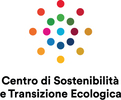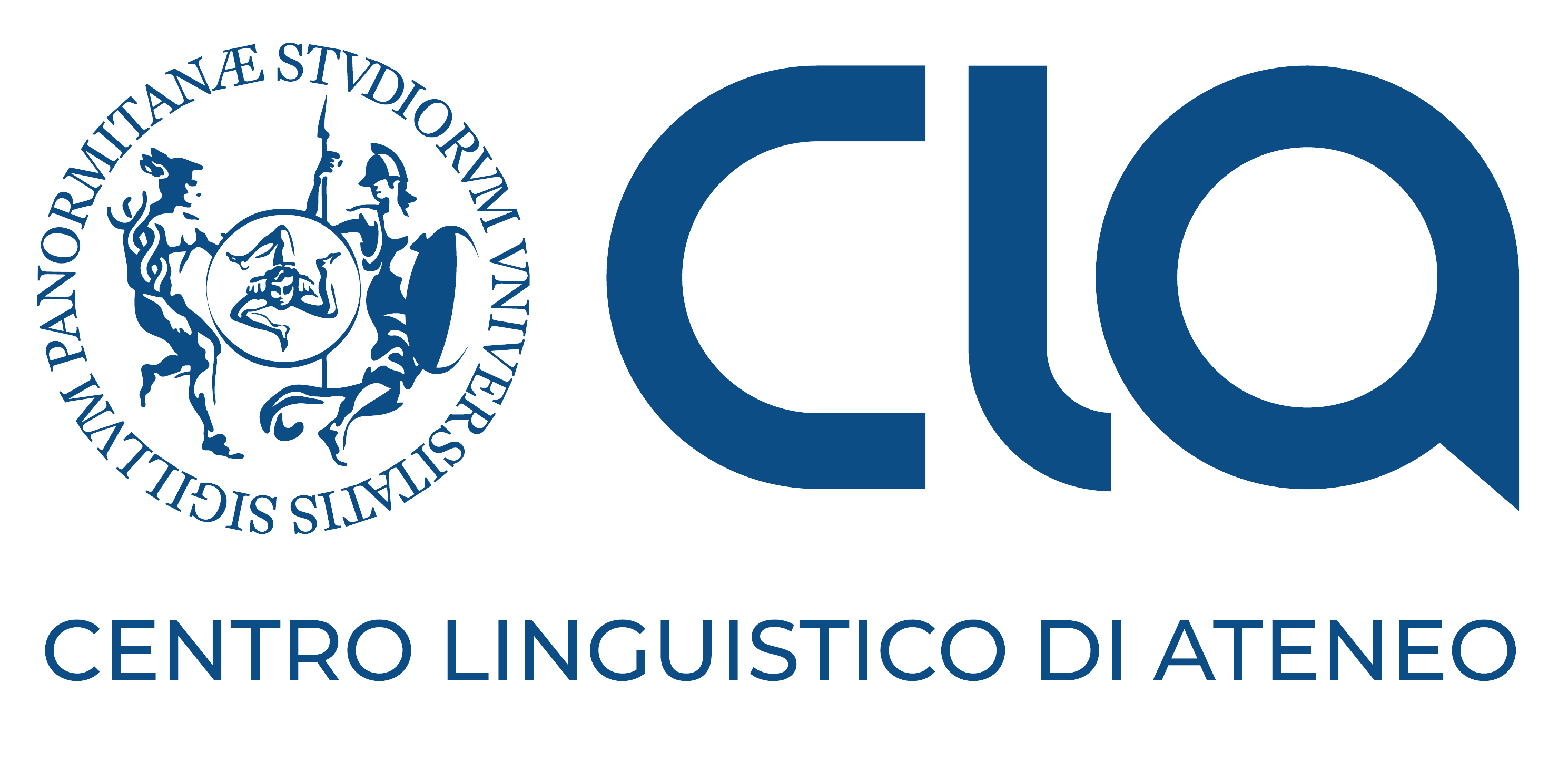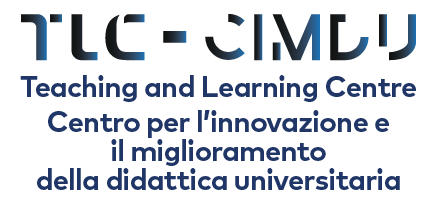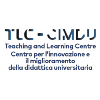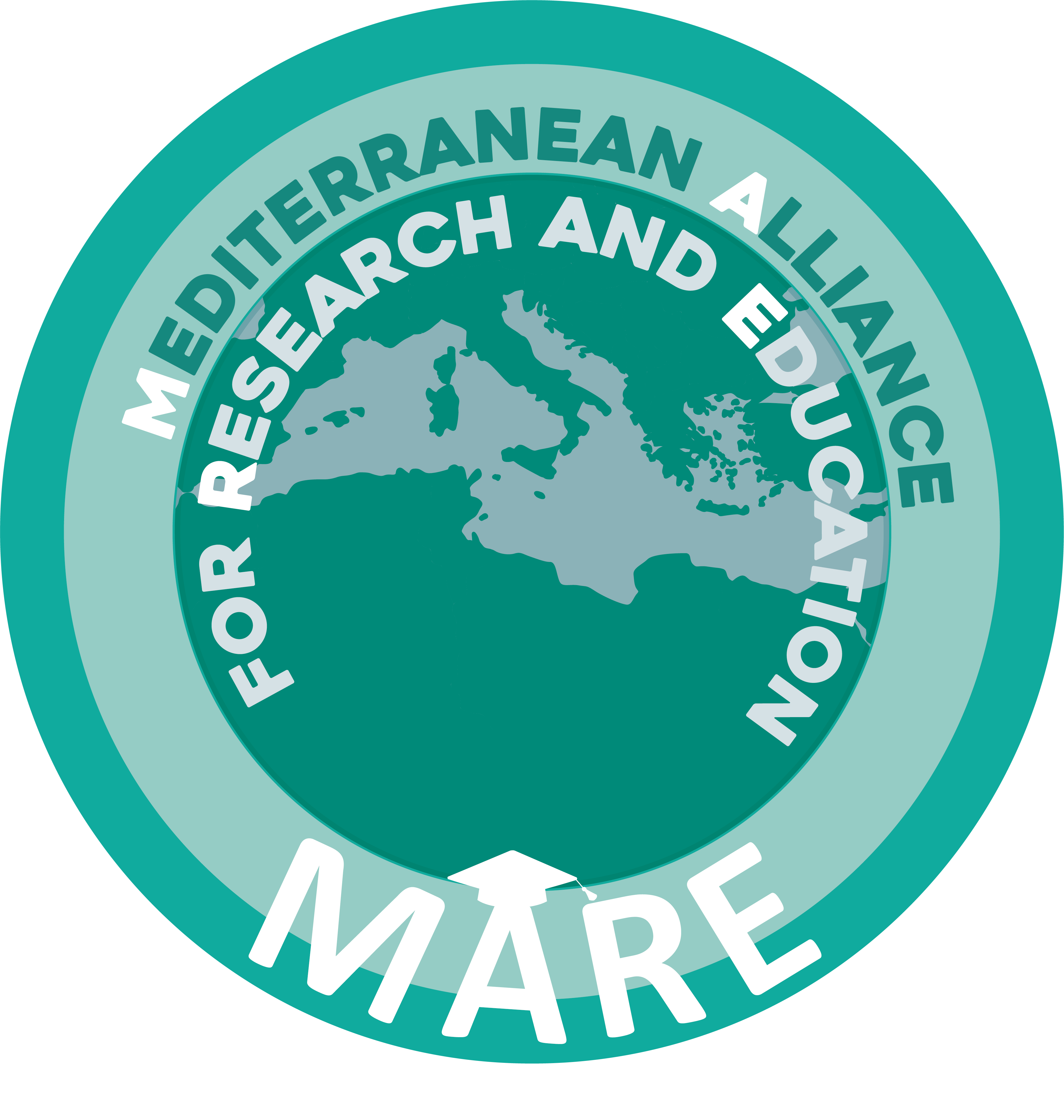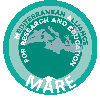Faculty of Science
LM-6 – BIODIVERSITY AND EVOLUTION
LM 6 – BIODIVERSITÀ ED EVOLUZIONE
Educational Objectives – Professional Opportunities for Graduates
The foremost objective of this course is the education of experts with an advanced and operational competence in the field of biodiversity, i.e. of an integrated evolving system; the maintenance of the biological and environmental balance for the sustainable use of biological resources depends on understanding and preserving this system.
Particular attention is paid to the acquisition of methodological, instrumental and analytical competences in the identification biochemical, molecular and genetic markers which are also connected to the effects produced by biotechnologies and environmental stress. In this context, biodiversity is considered as a genetic heritage evolution.
The course includes the study of animal and plant biodiversity, structural and functional adaptations, also in relation with the development and reproduction, behavioural adaptations, interactions between organisms/populations and the environment, and the issues of evolutionist biology. The disciplines will be presented through an integrated and comparative approach to the subject-related knowledge and the most advanced analytical methodologies. At the end of the course students will write an experimental dissertation through an independent research process.
The second part of the programme is supported by field or laboratory practice and by internships at qualified research laboratories. The advancement in knowledge about biodiversity and its effect around the world points out the usefulness of educating specialists in the field of biodiversity, capable of answering to the problems posed by environmental transformation. For this purpose, students are guided to acquire the competences they need to draw plans which are based upon the most advanced technologies, useful to produce an overall organic vision, through the definition of goals, techniques, feasibility and to redefine these plans with respect to the outcomes.
Other specific objectives are: interventions for environmental management, finding of innovative biological resources, taking into account the principle of genetic heritage preservation. The scientific education will also provide graduates with advanced knowledge about the theories and mechanisms of biological evolution.
The educational programme includes:
- The completion and advancement of the study of the mechanism of biologic evolution with respect, in particular, to the genetic structure and to functional genomics;
- a deep understanding of responses of organisms, populations and species, built upon the prior knowledge of bioindicators;
- a thorough grounding in Biogeography;
- knowledge of the most advanced methods of biodiversity analysis;
- specific computer skills for data processing;
All activities are supported by a Web learning platform, operating within the Zoology Museum “P. Döderlein”.
Some examples of possible career destinations are:
- planning activities and application of graduates’ knowledge to the diagnosis, prognosis, recovery and conservation of natural environments aiming to improve the quality of life;
- evaluation of the impact of animal and plant biotechnology products on the species, and of their impact on biodiversity;
- animal and plant taxonomy with regard to the specific professional field in public bodies or as self-employed professionals;
- evaluation of the sustainable exploitation of biological resources;
- identification of biological models for the knowledge development in the production of new substances in the pharmacological and food industry.
Upon graduation students may find a job in:
- public agencies or private companies oriented towards the analysis and monitoring of natural environments, as well as towards the environmental hazard evaluation;
- public agencies or private companies dealing with the conservation and environmental recovery of the natural biological heritage, control as well as taxonomic diagnoses.
Educational Programme
| 1st YEAR | Credits |
| Statistics | 6 |
| Evolutionist Zoology | 6 |
| Plant Biodiversity with Practice | 6 |
| Animal Biodiversity with Practice | 6 |
| Genetic and Molecular Application – Integrated Course: - Biochemistry Applications - Molecular Biology Applications - Genetics Applications |
3 6 3 |
| Plant Evolution and Phylogenesis | 6 |
| Ethology and Reproduction Strategies with Practice – Integrated Course: - Ethology - Reproduction Strategies |
6 6 |
| 2nd YEAR | Credits |
| Protection and Management with Practice – Integrated Course: - Plant Ecology with Laboratory - Fauna Protection and Management |
6 6 |
| Biogeography with Practice – Integrated Course: - Zoogeography - Phytogeography |
6 6 |
| Elective Educational Activities | 9 |
| Professional Practice | 6 |
| Final Examination | 27 |















